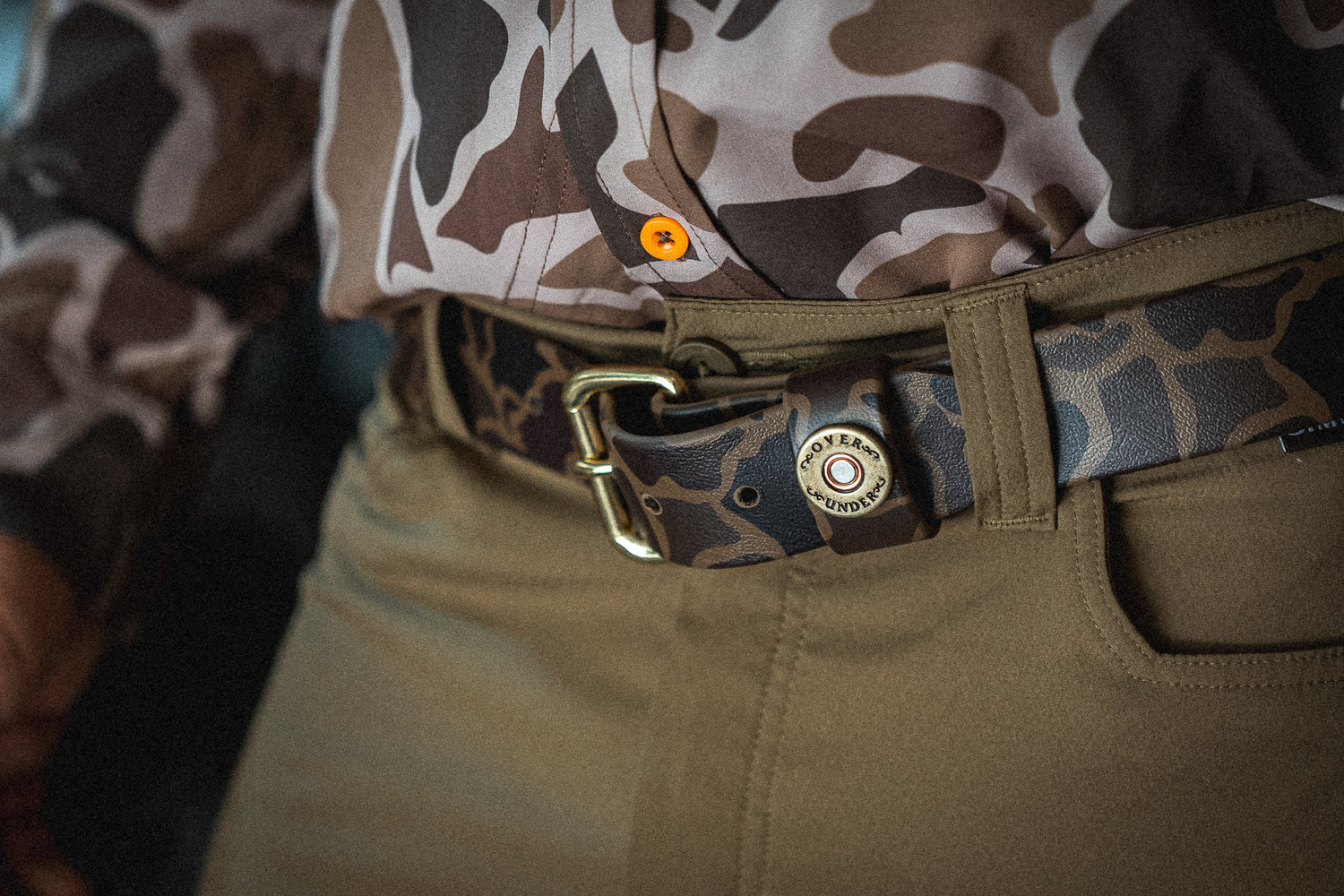The summer hunting season offers a variety of game in any state you’re located in. You can test your skills on axis deer, pronghorn antelope, wild hogs, pheasants, and crows, earning trophies and prime meat for sale or consumption. The effort involved in hunting is rewarding, but it’s an accomplishment that’s best shared with your pet. Help ensure their health by learning about common dangers and investing in dog supplies to enhance their safety.
What Hazards Should Your Hunting Dog Avoid Over the Summer?
1. Potential Illnesses
A hunting dog can be exposed to rabies and distemper from wild animals or parvo from other dogs, depending on circumstances. Update your dog’s vaccinations before the hunt to ensure a smoother trip.
Excessive water exposure can also be a problem for dogs. Most collars absorb moisture, leaving them prone to fur odors and skin irritations. Hunting dog supplies, like waterproof collars, will keep them dry, comfortable, and focused on the game. The collars also provide the benefit of silence during hunts. There are no dangling tags that jingle with every step. As a result, your dog can track through the area without alerting skittish prey.
2. Insect Bites
Insects are implicit, appearing in hunting grounds and outdoor areas across the country. While they may be difficult to notice, they can negatively impact a canine’s health if they’re bitten. Tapeworms from fleas, Lyme disease from ticks, and heartworms from mosquitoes can have a lasting impact on their health. Medications and regular vet check-ups can prevent these conditions.
Be watchful of bites while on the hunt. If your dog’s experiencing a reaction from a bite, or if they’ve sustained multiple bites from mosquitoes, bees, or wasps, bring them to a nearby vet.
After hunting, check your pet for signs of tick-bites where they’re most likely to occur: on their ears, neck, and armpits. Immediate treatment will minimize their discomfort.
3. Heat & Dehydration
Training your dog ahead of the summer hunting season will improve their stamina when the time comes. However, high-intensity training can be detrimental. The exertion can cause Exercise-Induced Collapse (EIC) in energetic dogs and Labrador Retrievers. Have their vet run a blood test to determine if the dog has EIC. During training or hunting, look for signs of wobbly back legs and a drifting gait. Let them rest until they return to normal. Excessive drooling or vomiting can also be signs of dehydration or heat stroke. A veterinarian should treat the symptoms.
You can prevent heat-related conditions by avoiding outdoor activities in humidity over 140. Choose hunting grounds that have clean water sources for dogs to cool off in. Be sure to avoid bodies of water with algal blooms, especially blue-green algae, which can become prevalent during the hotter days of the year. Bring along fresh water instead and search out shady areas for your pet to relax.
Help keep your pet safe and healthy during the summer hunting season with our dog supplies, accessories, and collars. For more information on our free shipping options, call us at (904) 619-0577.


